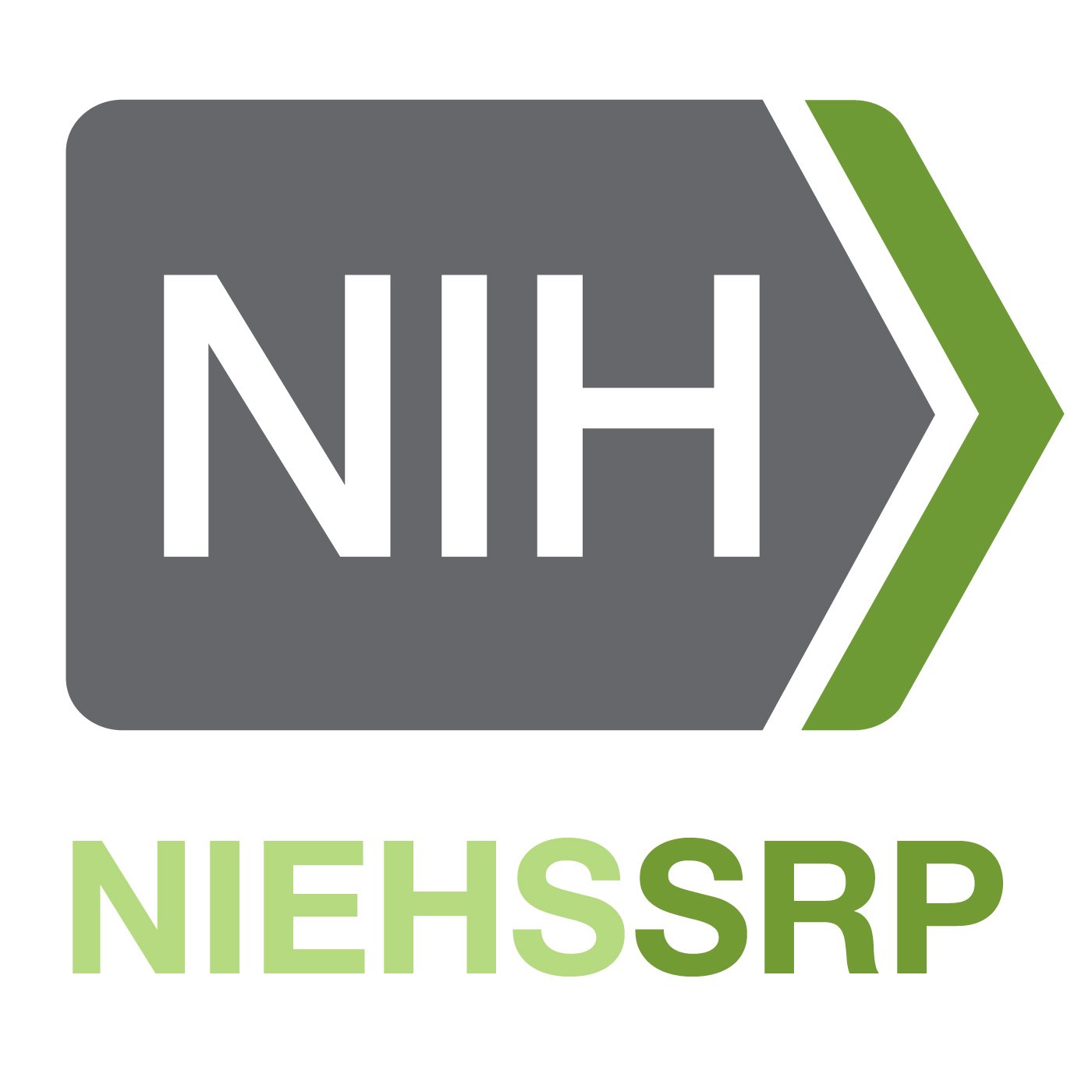Tracking Mercury Conversion and Distribution in Aquatic Environments
Description
NIEHS Superfund Research Program (SRP)-funded researchers, led by Heileen Hsu-Kim, Ph.D., of the Duke University SRP Center, provided insight into how and at what timescale mercury changes within a wetland ecosystem. They found mercury from different sources is converted into other mercury forms that eventually have similar properties. This finding can inform environmental management or pollution control strategies.
More Episodes
Oregon State University scientists and engineers developed an approach to cleaning polluted groundwater that uses tiny beads containing chemical-eating bacteria. In this study, funded by the NIEHS Superfund Research Program (SRP), the team identified a formula to maximize bead durability and...
Published 05/01/24
Published 04/03/24
NIEHS Superfund Research Program (SRP)-funded researchers developed a new strategy that uses limestone and a naturally occurring mineral to clean up water contaminated with arsenic and uranium — two of the most frequently detected drinking water pollutants in Tribal communities.
Published 03/06/24


